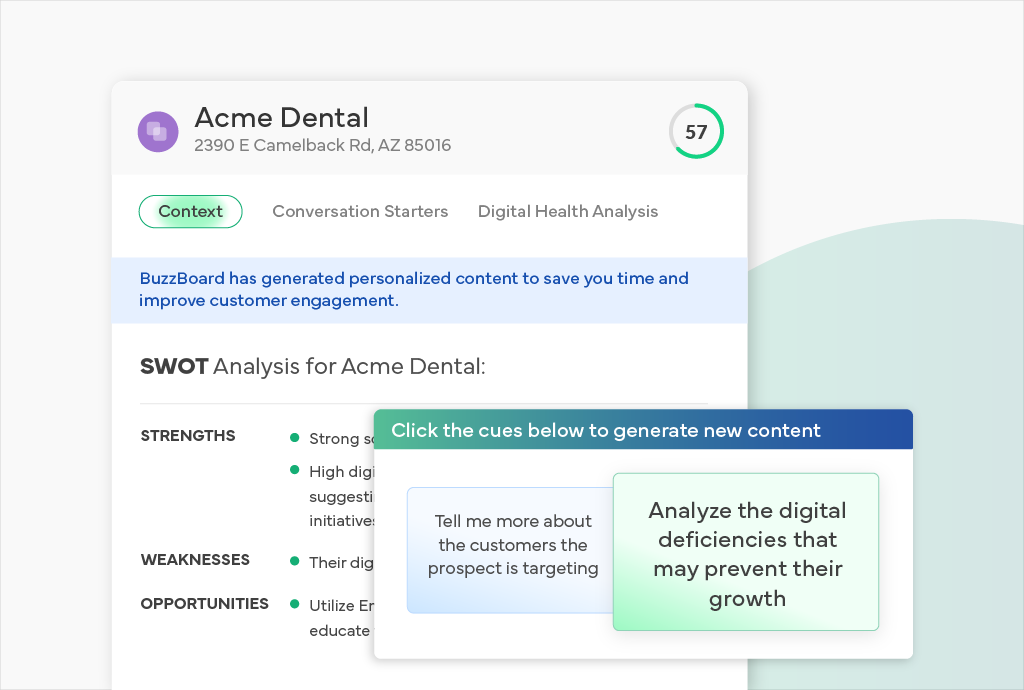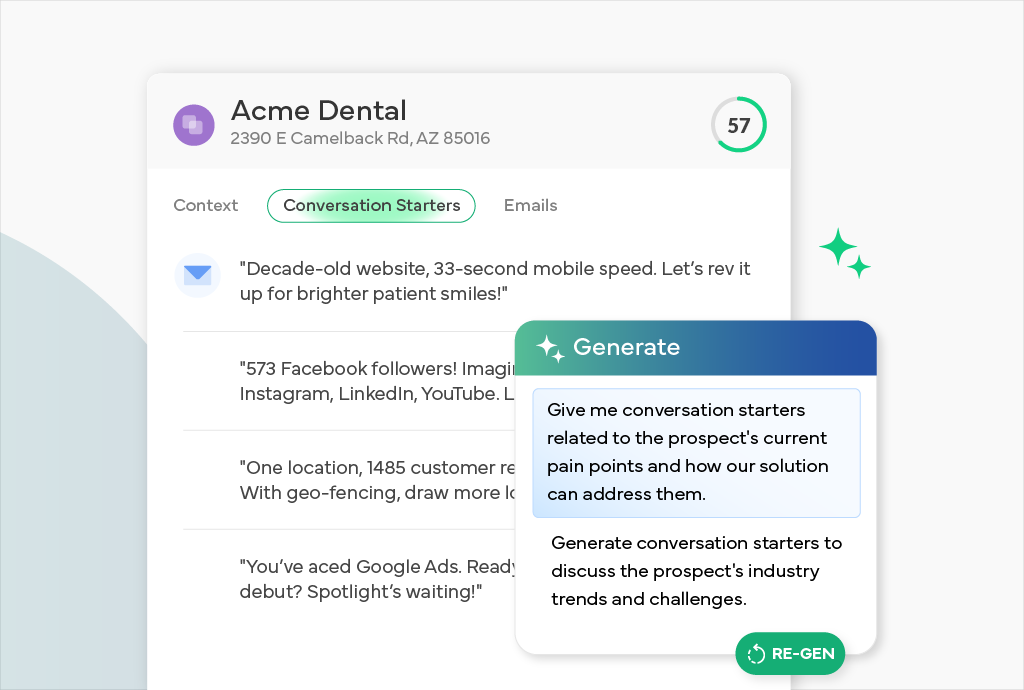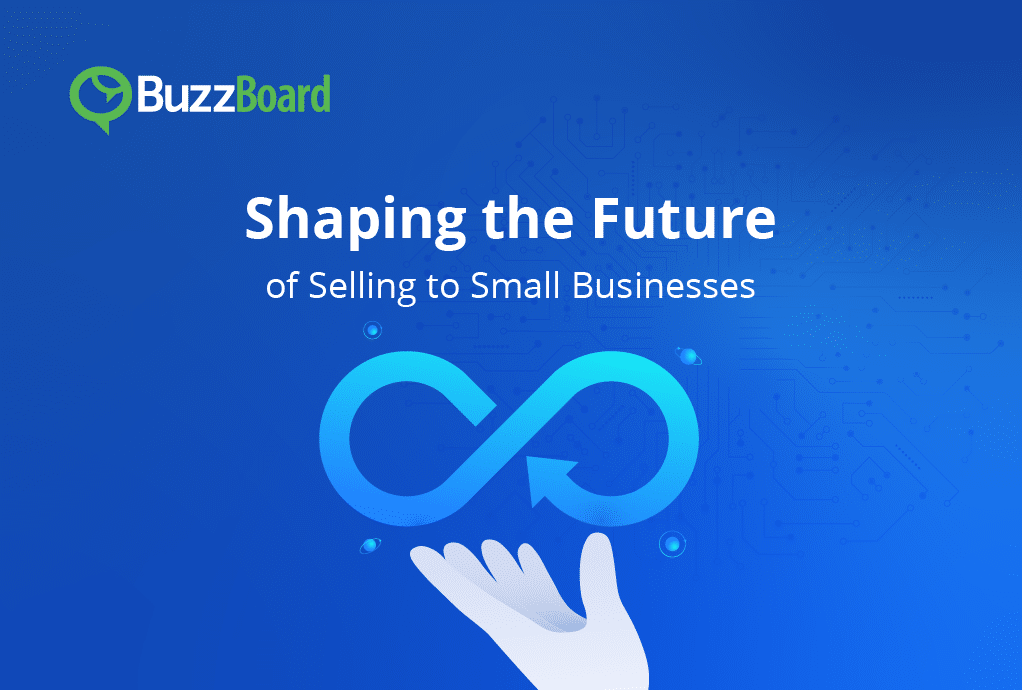Summary
The Challenger Sales Model is a sales approach that focuses on teaching and informing customers about the value of a product or service. This model, developed by Matthew Dixon and Brent Adamson, emphasizes building trust and credibility by providing unique insights and perspectives. Unlike traditional sales methods, Challenger Sales encourages salespeople to take a more consultative approach, focusing on the customer’s needs and pain points. By doing so, salespeople can establish themselves as trusted advisors and increase the chances of closing deals. Key principles of the Challenger Sales Model include teaching for differentiation, taking control of the conversation, and using the right amount of tension to motivate customers to take action.
What is the Challenger Sales Model?
Overtime, the simple and effective consultative selling technique has statistically proven to bring more sales success—by increasing sales conversion and deal size. At its core, this model challenges the conventional wisdom of a relationship-building approach to selling by emphasizing the importance of insight-driven interactions and proactive engagement with customers.
Originating from the seminal book ‘The Challenger Sale’ (2011) by Matthew Dixon and Brent Adamson, the Challenger Sales Model emerged as a response to the changing dynamics of B2B sales. Drawing from extensive research conducted by the Corporate Executive Board (CEB), the authors identified distinct profiles among top-performing sales professionals. Contrary to common assumptions, they found that a specific archetype, known as the Challenger, consistently outperformed other sales profiles, such as the Relationship Builder or the Hard Worker.
Truth is, most prospects have a good sense of what their decision (to buy or not) will be before a pitch is finished. But by providing unexpected information or a fresh perspective, sales reps can better steer the conversation toward a purchase.
The Science Behind the Success: Key Components of the Challenger Approach
Gartner found that nearly 40% of top performers use the Challenger technique. And luckily, with the right tools, it’s a breeze.
What sets the Challenger Sales Model apart is its alignment with fundamental principles of human psychology. By leveraging insights from behavioral economics and cognitive psychology, Challengers can navigate the complexities of decision-making processes and influence customer behavior effectively. Techniques, such as framing, anchoring, and cognitive dissonance, play a pivotal role in shaping perceptions and driving desired outcomes.
How to Become a Challenger Seller?
Let’s make it simple. As a seller, you need to have control of the conversation with your prospect in order to guide it in the right direction, right? And to do this, you must have more than the obvious information on your prospect’s company and industry. You need deep data that they aren’t likely to have or may tend to pay less attention to. And then, you need to expertly frame this information in a new, compelling way that shows how your product or service will solve a challenge that your prospect is experiencing or is hurting from unknowingly.
Within the context of the Challenger Sales Model, consultative selling goes hand-in-hand with offering customers unique perspectives and thought-provoking insights. It also prompts sales professionals to be proactive in engaging with customers.

Rather than waiting for customers to raise concerns or express interest, sales professionals actively seek out opportunities to engage customers and initiate conversations. The key here is to identify the right-fit prospects and understand what they can most benefit from before making that first sales call. Post that, by engaging in collaborative dialogue and involving customers in the solution design process, sales professionals can position themselves as enthusiastic problem-solvers who add value beyond the transactional sale.
Sales professionals leverage their industry expertise and access to market intelligence to offer valuable insights that challenge customers’ existing beliefs and assumptions. By providing data-driven evidence and case studies, sales professionals can reinforce the value proposition and justify their recommendations.
So get ready to spend days researching in preparation for your sales meeting. Of course, we are kidding! BuzzBoard has all the AI-driven tools powered by rich data to help you make a Challenger sales pitch in a snap.
Why Today’s Challenger Sales Reps Choose BuzzBoard?
BuzzBoard’s generative AI compiles and analyzes billions of signals in order to curate data for every small business (SMB) in a way that not only reveals information about a business’s status and growth indicators in the market but also assesses what they need to maintain an upper hand based on industry, location, and competition. The competition report, for instance, is comprised of approximately 10 pages of side-by-side comparisons of each business’s metrics from advertising spend to technology used, annual revenue, social media following, and even organizational information such as headcount. This analysis forms the basis for business recommendations and it’s a powerful tool for closing deals, especially while selling digital products and services to small and local businesses.
The best part—BuzzBoard’s generative AI capability then uses these compiled rich insights about your prospects to arm you with the most tailored and personalized conversation starters and email sequences to suit your outreach circumstances.

The success of a sales approach depends on delivering a positive buying experience tailored to how customers want to purchase in today’s environment. So in essence, the Challenger Sales Model gained traction by aligning with the modern buyer’s journey, providing a consultative approach that challenges customers’ assumptions and educates them with unique insights, especially in complex B2B sales scenarios. Its focus on the overall buying experience resonated with evolving customer expectations.
Give the Challenger sales technique a whirl with BuzzBoard, the AI sales platform for selling to small and local businesses, and let us know how it works for you! If you haven’t yet, get a FREE trial and see what you think. The proof is in the pudding.








